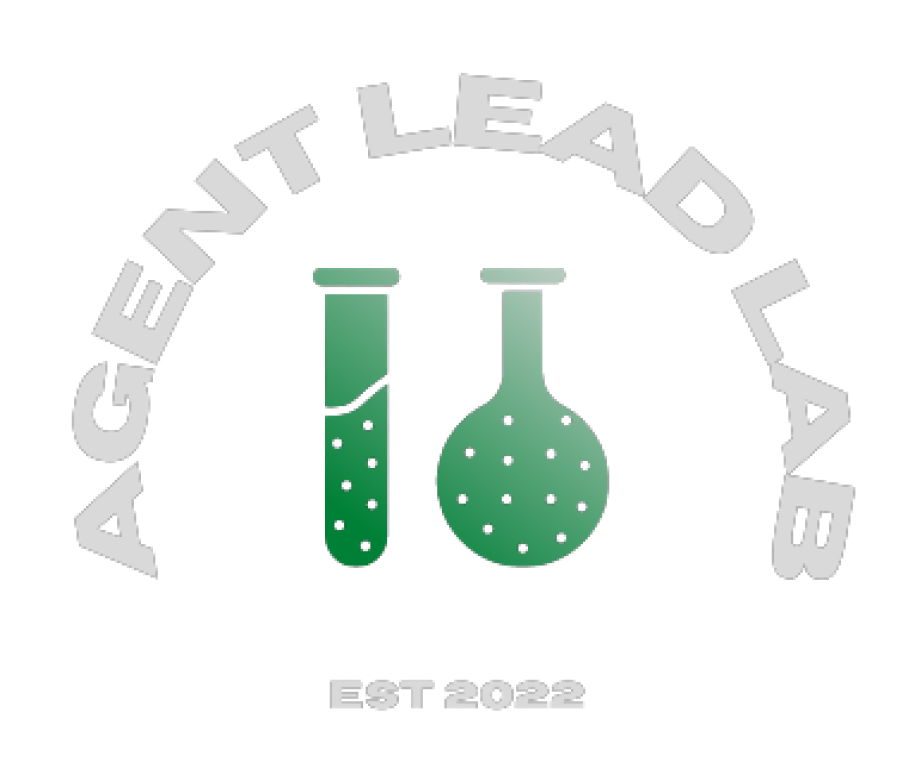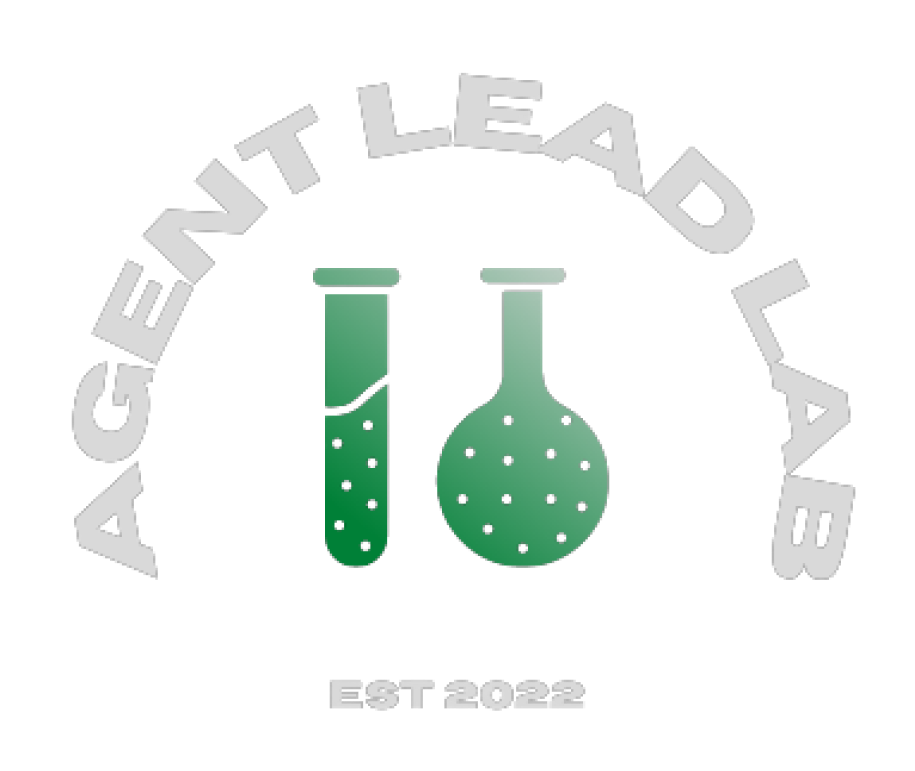Blogs and Articles
Get Your Free Copy of Phone Script

Identifying and Prioritizing Your Leads using Lead Scoring: A Comprehensive Guide
Identifying and Prioritizing Your Leads using Lead Scoring: A Comprehensive Guide
In today's fast-paced and highly competitive business landscape, generating leads is an absolute must for driving growth and staying ahead of the curve. But let's face it: not all leads are created equal. Some leads are red-hot, ready to make a purchase and become loyal customers, while others may be lukewarm or simply not the right fit for your offering. That's where lead scoring swoops in as your trusty sidekick.
Lead scoring is like having a superpower that allows you to evaluate and rank your leads based on their engagement, interest, and potential for conversion. It helps you sift through the sea of leads and zero in on the ones that hold the most promise for your business. By identifying and prioritizing these high-value leads, you can maximize your sales efforts, save precious time and resources, and ultimately boost your conversion rates.
Now, you might be wondering, "How does lead scoring actually work, and how can I implement it effectively?" Fear not, because in this comprehensive guide, we'll take you on an exciting journey into the depths of lead scoring. We'll equip you with actionable insights, tips, and strategies to help you harness the power of lead scoring and take your lead generation and conversion game to new heights.
So, buckle up and get ready to unlock the secrets of identifying and prioritizing your leads like a pro. Whether you're a seasoned marketer looking to fine-tune your lead management process or a budding entrepreneur eager to make every lead count, this guide will provide you with the knowledge and tools you need to succeed.
In the following sections, we'll cover key topics such as creating your ideal customer profile (ICP), scoring leads based on their attributes and behaviors, utilizing lead scoring in your marketing and sales efforts, and monitoring the performance of your lead scoring system. By the time you reach the end of this guide, you'll be armed with the know-how to supercharge your lead management process and achieve remarkable results.
Remember, lead scoring is not just about saving time and resources—it's about delivering personalized experiences to your leads, nurturing them throughout their buyer's journey, and building lasting customer relationships. So, let's dive in and unlock the full potential of lead scoring together!
📍Understanding Lead Scoring:
Lead scoring is a methodology that assigns a numerical value or score to each lead based on predefined criteria and behaviors. It helps you gauge the quality and readiness of your leads, enabling you to focus your efforts on those with the highest potential for conversion. Lead scoring takes into account both explicit data (demographics, firmographics) and implicit data (engagement, behavior) to provide a holistic view of your leads.
One of the key aspects of lead scoring is considering both explicit and implicit data. Explicit data includes information that leads willingly provide, such as demographics (age, gender, location) and firmographics (company size, industry, job title). This data offers insights into the characteristics and background of your leads, enabling you to segment them effectively.
On the other hand, implicit data is derived from your leads' engagement and behavior. It takes into account their interactions with your brand, such as website visits, email opens, content downloads, social media engagement, and more. By analyzing these implicit signals, you can gain a deeper understanding of their level of interest and engagement with your offerings.
By combining explicit and implicit data, lead scoring provides a holistic view of your leads. It goes beyond surface-level information and dives into their interactions and behaviors, giving you a comprehensive understanding of their potential as customers.
With lead scoring, you can prioritize your efforts and resources by focusing on leads with the highest scores. These high-scoring leads are more likely to be interested in your product or service and have a higher potential for conversion. By allocating your time and energy to these leads, you can optimize your marketing and sales efforts and increase your chances of closing deals.
Lead scoring enables you to personalize your approach based on the specific needs and preferences of each lead. By understanding their engagement and behaviors, you can deliver targeted and relevant messages, offers, and content that resonate with their interests. This personalized approach not only enhances the customer experience but also increases the likelihood of conversion.
🎯Defining Lead Scoring Criteria:
To implement an effective lead scoring system, you need to define the criteria that will be used to evaluate and rank your leads. Start by considering your ideal customer profile (ICP) and the characteristics that indicate a strong fit. This includes factors such as industry, company size, job title, and geographic location. Additionally, determine the behaviors and engagement actions that indicate a higher level of interest, such as website visits, content downloads, email opens, and social media interactions.
🎯Assigning Point Values:
Once you have established your lead scoring criteria, assign point values to each criterion based on their importance and correlation with conversion. For example, a lead that matches your ICP closely may receive a higher score, while engagement actions like attending a webinar or requesting a demo may be assigned additional points. The cumulative score will serve as an indicator of a lead's quality and potential.
🎯Developing a Scoring Model:
To streamline the lead scoring process, it's beneficial to develop a scoring model that provides structure and consistency. This involves creating a standardized set of rules and weightings for each criterion. You can use a manual scoring model, where points are assigned manually based on the predefined rules, or an automated scoring model, where a marketing automation or customer relationship management (CRM) tool assigns scores based on predefined rules and data.
🎯Monitoring and Analyzing Lead Behavior:
Lead scoring is not a one-time exercise but an ongoing process that requires continuous monitoring and analysis. Track the behavior and actions of your leads to gather data that can further refine your scoring criteria and model. Look for patterns and trends in lead behavior, such as increased engagement or a sudden drop-off, to identify potential changes in lead quality or readiness.
🎯Aligning Marketing and Sales:
Lead scoring can bridge the gap between marketing and sales teams by providing a common language and framework for lead evaluation. Collaborate with your sales team to establish shared definitions of lead quality and readiness, ensuring that the scoring criteria align with their expectations. Regular communication and feedback between the teams are essential to fine-tune the scoring model and improve lead conversion rates.
🎯Implementing Lead Nurturing Strategies:
Lead scoring is not just about prioritization; it also helps you tailor your marketing and sales efforts to meet the specific needs of each lead. Implement lead nurturing strategies that align with different lead scores. For high-scoring leads, focus on providing personalized and timely content, while lower-scoring leads may benefit from educational materials and broader awareness campaigns. By nurturing leads based on their scores, you can increase the likelihood of conversion and build stronger relationships.
🎯Iterating and Refining the Scoring Model:
As your business evolves and customer preferences change, it's crucial to revisit and refine your lead scoring model. Regularly review the effectiveness of your scoring criteria, reassess the point values assigned to each criterion, and incorporate new insights and data into your model. By continuously iterating and refining the scoring model, you can ensure its relevance and accuracy in identifying and prioritizing leads.
Lead scoring is a powerful tool that allows you to identify and prioritize your leads based on their quality and potential for conversion. By implementing a well-defined lead scoring system, you can focus your marketing and sales efforts on leads that are most likely to convert, saving time and resources while increasing your overall conversion rates. Remember that lead scoring is not a one-size-fits-all approach and requires continuous monitoring, analysis, and refinement to achieve optimal results. Leverage the insights and strategies outlined in this comprehensive guide to take your lead generation and conversion efforts to new heights.

Our Company
Our Offer
Final Expense
Advance Market
CONTACT info
5810 Shelby Oaks Drive
Memphis TN 38134
+1 (878) 978-2574
Office Hours: 8AM - 8PM
Monday - Friday
©2025 Insurance website. All Rights Reserved.

Our Offer
CONTACT info
5810 Shelby Oaks Drive
Memphis TN 38134
+1 (878) 978-2574
Office Hours: 8AM - 8PM
Monday - Friday
